Ways to Teach Force and Motion
This website provides fun and engaging ideas for teaching force and motion to young learners.
The website contains activity ideas, videos, and material lists for a range of activities. They would suit younger students.
Australian Curriculum v9 Codes: AC9SFU02

